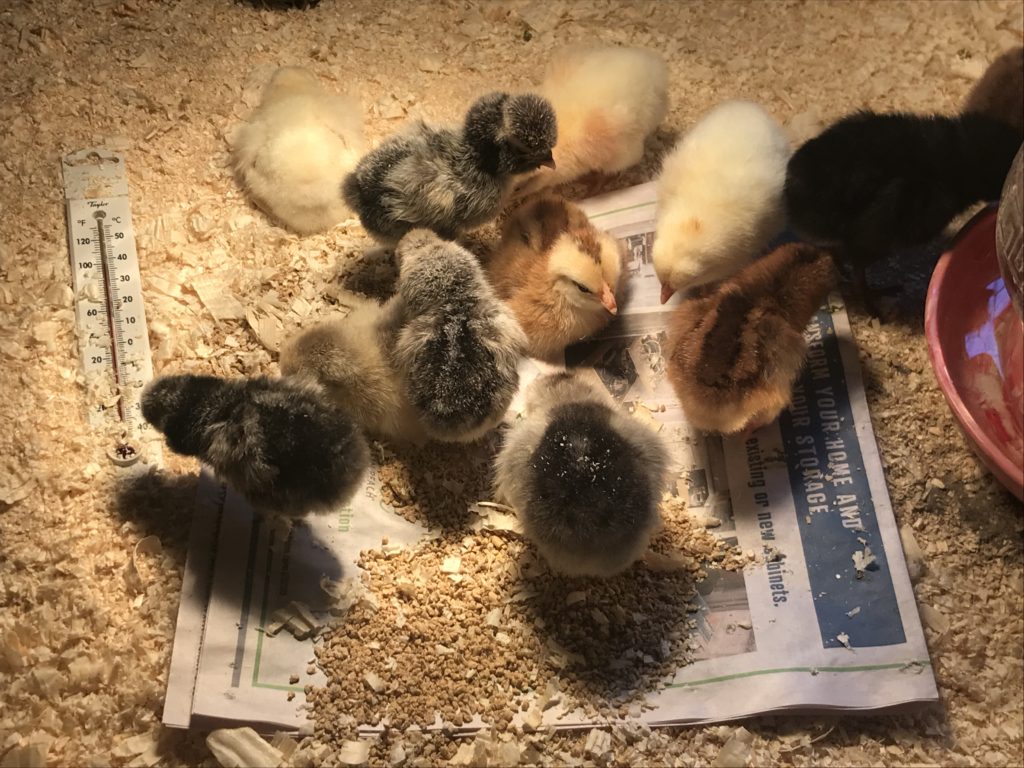Wednesday, May 22
Today at the Practical Farmers of Iowa, we learned about pesticide drift and how farmers can prevent and recover from pesticide drift. The biggest take away I had from the experience is that a big change needs to be made. If pesticide spray blows over from one farm (let’s call it farm A) onto a neighboring farm (we’ll call it farm B), farm B crop’s might suffer devastating impacts on the crop, and hence, on Farm B’s income. Farm B is not negatively affected if it is using the same pesticide on its crops but if it is a non-GMO farm or planting a different type of crop, Farmer B is in big trouble. This is because you have to pay for a stamp of approval to use the pesticide. If farmer B did not do that, they cannot sell a crop with that pesticide product on it. Farmer B has now lost their entire means of income and they have little to no means of saving themselves. Farm A can be fined up to $1,000, but the fine money goes directly to the state and Farm B does not see a penny of it. The only real way to get their losses covered is to file an insurance claim, but that takes a lot of time which the farmer does not have as they need the money. Additionally, Farm B can hire a lawyer, but this is a long costly process as well.
To put it in simpler terms, if you are the victim of pesticide drift, you are the one that is punished rather than the farmer whose pesticide drifted. So, the next step is looking at how one can possibly prevent pesticide drift or protect themselves from pesticide drift. The only real ways to do this is to make people in your vicinity aware that you cannot have pesticide on your crops, and they need to be careful. The problem with this is you are essentially relying on both weather (wind can spread pesticide very easily) and other people to save your crop.
This then led to a discussion about dicamba. Dicamba is an herbicide that kills weeds. Dicamba is essentially the new and ‘improved’ Roundup. One of the biggest characteristics of Dicamba is its tendency to drift, this means it can infect the nearby crops very easily. To hear from the source itself, we went to Bayer, aka new Monsanto. Bayer’s response is that all pesticides drift, and that’s just nature. They say there are ways to make it not drift, specialty nozzles etc. Hearing both sides back to back was extremely interesting.
The highlight of the day far and away was the arrival of Morris’s baby chicks. They were the cutest little fluffs ever seen on earth.


